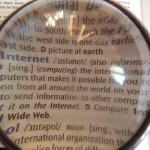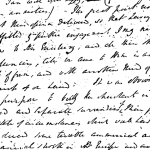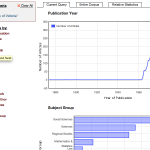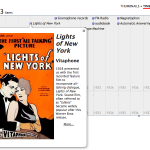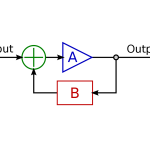Tuesday, November 8th
Overview: Now that you’ve gathered some evidence and represented it in various ways, what claims can actually be made? How can the various exercises you’ve conducted this term be bundled together to make an argument? And to what degree have you relied upon new technologies to make arguments for you? To what effects? How can these “black boxes” be opened, acknowledged, hacked, or otherwise addressed? When we start asking such questions, how does the notion of software or technology as “thing” brush against—or resonate with—software or technology as “theory” (e.g., as a mode of thinking)?
Reading Due: None. However, during the lab session, I will provide a brief history of “black boxes” and their relevance to the digital humanities. This history will focus on two ways (among others) of opening black boxes: (1) through critical theories related to the value-laden character of technologies (or “actants”), and (2) by building, hacking, or developing technologies through a “DIY” (or do-it-yourself) approach.
Suggested Reading (most of these are books, but they might be useful to you later in your career): (1) “How the Computer Works” by Andrea Laue, (2) Programmed Visions by Wendy Chun, (3) Digitizing Race by Lisa Nakamura, (4) Protocol by Alexandar Galloway, (5) Science in Action by Bruno Latour, (6) Sorting Things Out by Geoffrey Bowker and Susan Leigh Star, (7) Mechanisms by Matthew Kirschenbaum, (8) “On Building” by Stephen Ramsay, (9) “Upon Opening the Black Box and Finding It Empty” by Langdon Winner, and (10) Two Bits: The Cultural Significance of Free Software by Christopher M. Kelty
Suggested Viewing: “Science and Technology Studies: Opening the Black Box” by Harvard Kennedy School (featuring Langdon Winner, Trevor Pinch, David Kaiser, and Antoine Picon)
Assignment Due: Begin translating your evidence and lab exercises into a more cohesive proof of concept. Communicate with your cluster about next steps and be prepared to share those steps with the class. Now should be the time when you start to polish and articulate your Final Project.
Outcomes: Develop a basic understanding of the “black box” and its relevance to digital humanities. Determine final steps for completing and presenting your Final Project.
Friday, November 11th
NO CLASS (Reading Break)
Outcomes: Relax and catch once last breath before the push toward finals.
Index image from Wikimedia Commons.

